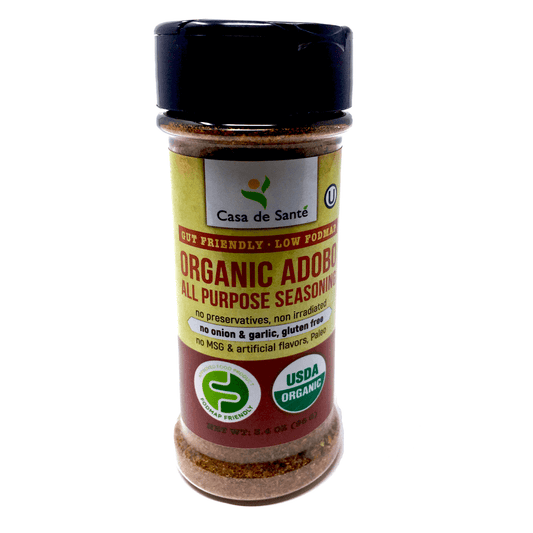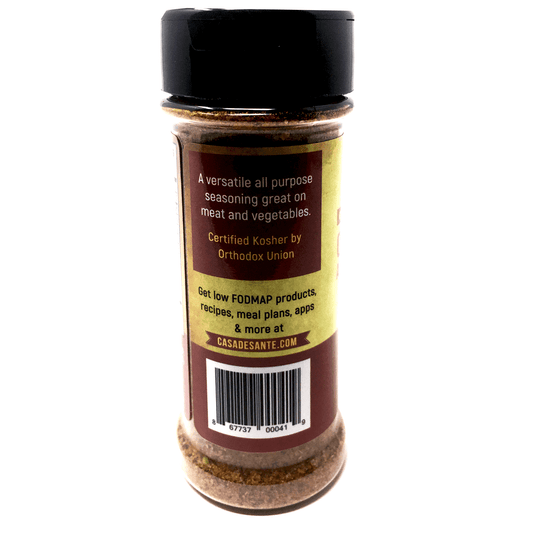Summary of Efficacy and Safety of Probiotics in the Treatment of Irritable Bowel Syndrome: A Systematic Review and Meta-Analysis of Randomised Clinical Trials Using ROME IV Criteria
Irritable Bowel Syndrome (IBS) is a prevalent functional gastrointestinal disorder affecting a vast population worldwide. The treatment of IBS has been a subject of debate with numerous therapeutic approaches being evaluated. One such approach is the administration of probiotics, which has shown promising results in some clinical trials and meta-analyses. However, the results have been inconsistent, and the efficacy of probiotics, particularly the beneficial strains, remains to be confirmed. This article will provide a comprehensive overview of the efficacy and safety of probiotics in the treatment of IBS based on a systematic review and meta-analysis of randomised clinical trials using ROME IV criteria.
Introduction
The use of probiotics in the treatment of IBS has been explored extensively over the past few years. As the global burden of IBS continues to increase, the need for effective and safe treatment options has become increasingly important.
Aim of the Meta-Analysis
The primary objective of this meta-analysis was to evaluate the effectiveness and safety of administering probiotics to patients diagnosed with IBS based on Rome IV criteria. This is the first study of its kind to be conducted using these specific diagnostic criteria.
Methodology
The meta-analysis involved a comprehensive search of electronic databases such as Pubmed, Scopus, and Cochrane up until 26.01.2023. The search focused on randomised controlled trials (RCTs) that studied the administration of probiotics in adult IBS patients diagnosed according to the Rome IV criteria. The risk of bias was evaluated using the Cochrane Risk of Bias tool (ROB) 2.0. The synthesis of results used weighted and standardized mean difference with 95% confidence intervals.
Primary Outcomes
The primary outcomes assessed were the decrease in IBS-Symptom Severity Score (IBS-SSS) and decrease in abdominal pain. These outcomes are crucial as they directly impact the patients' quality of life.
Secondary Outcomes
The secondary outcomes evaluated were the improvement in quality of life (QoL) and the decrease in bloating. These outcomes are also of significance as they contribute to the overall well-being of the patients.
Probiotic Strains Studied
A total of nine different strains of probiotics were examined in the six double-blind placebo-controlled RCTs that met the inclusion criteria. These included Bacillus coagulans, Bifidobacterium longum, Lactobacillus rhamnosus, Lactobacillus acidophilus, Bifidobacterium lactis, Streptococcus thermophilus, Lactiplantibacillus plantarum, Bifidobacterium breve, and Saccharomyces cerevisiae.
Results
The meta-analysis revealed no significant reduction in IBS-SSS. However, there was a significant decrease in abdominal pain. No correlation was found between the improvement of QoL and the use of probiotics. On the other hand, a significant reduction in bloating was associated with probiotic usage.
Adverse Effects
A qualitative synthesis was conducted to evaluate the adverse events associated with the use of probiotics. The results showed that probiotic usage is safe with no severe adverse events reported.
Conclusions
The administration of probiotics to IBS patients demonstrated a positive effect on pain and bloating. However, due to significant heterogeneity and confounding factors, a definitive statement cannot be made. Probiotics did not lead to an improvement in other parameters. There is a need for larger RCTs in IBS patients diagnosed according to Rome IV (not III) criteria, especially those that examine the administration of specific strains and have similar methodological characteristics.
Future Directions
This meta-analysis has opened up avenues for further research. The need for larger RCTs to be conducted, focusing on specific strains of probiotics and using similar methodological characteristics, has been highlighted. This will provide more definitive and reliable results on the efficacy and safety of probiotics in the treatment of IBS.
The findings of this meta-analysis, although not definitive, are promising and contribute to the growing body of evidence supporting the use of probiotics in the treatment of IBS. However, more well-designed studies are required to confirm these findings and determine the most effective and safe probiotic strains. As the quest for effective IBS treatment continues, probiotics remain a promising option worth exploring.
Reference:
- Konstantis G, Efstathiou S, Pourzitaki C, Kitsikidou E, Germanidis G, Chourdakis M. Efficacy and safety of probiotics in the treatment of irritable bowel syndrome: A systematic review and meta-analysis of randomised clinical trials using ROME IV criteria. Clin Nutr. 2023 May;42(5):800-809. doi: 10.1016/j.clnu.2023.03.019. Epub 2023 Mar 31. PMID: 37031468.
























